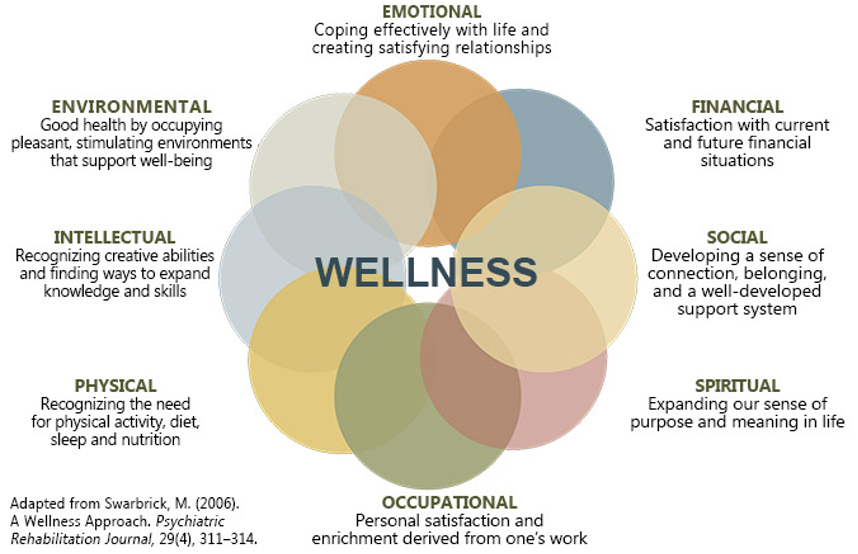The Benefits of Physical Therapy – A Guide to Improved Health and Wellness
Physical therapy, also known as physiotherapy, is a form of treatment that aims to alleviate pain, improve mobility, and enhance overall physical function. It is a non-surgical, drug-free approach to healthcare that can benefit people of all ages and activity levels. In this blog post, we will explore the numerous benefits of physical therapy and how it can contribute to improved health and wellness.
1. Pain Management: Physical therapy is effective in managing various types of pain, including chronic pain, sports injuries, and post-surgical discomfort. Through techniques such as manual therapy, therapeutic exercises, and electrical stimulation, physical therapists can help reduce pain and promote healing.
2. Improved Mobility and Function: Whether you’re recovering from an injury or struggling with a chronic condition, physical therapy can help enhance your mobility and functional abilities. Physical therapists employ tailored exercises and stretches to improve muscle strength, joint range of motion, and balance, enabling you to perform daily tasks with greater ease and independence.
3. Injury Prevention: By addressing muscular imbalances, weaknesses, and faulty movement patterns, physical therapy plays a crucial role in preventing future injuries. Through personalized training programs and education, physical therapists can teach you proper body mechanics, ergonomics, and techniques to minimize the risk of injuries during physical activities.
4. Stroke and Neurological Rehabilitation: Physical therapy is integral to the recovery and rehabilitation of individuals who have experienced a stroke or have neurological conditions such as multiple sclerosis or Parkinson’s disease. Specialized techniques, such as gait training and balance exercises, can help regain coordination, relearn motor skills, and improve overall function.
5. Chronic Disease Management: Physical therapy is beneficial for managing chronic diseases such as arthritis, diabetes, and heart disease. With exercises focused on strength, cardiovascular fitness, and flexibility, physical therapy can help control symptoms, improve mobility, and enhance overall quality of life for individuals living with these conditions.
6. Post-Surgical Rehabilitation: Following surgery, physical therapy is often prescribed to aid in the healing process and restore functional abilities. Physical therapists work collaboratively with surgeons to develop personalized rehabilitation programs, including exercises, manual techniques, and modalities, allowing patients to recover quickly and regain their previous level of activity.
7. Enhanced Athletic Performance: Physical therapy plays a vital role in optimizing athletic performance and preventing sports-related injuries. Through performance assessments, functional training, and sport-specific exercises, physical therapists can help athletes improve their strength, endurance, agility, and overall performance while reducing the risk of injuries.
8. Improved Balance and Fall Prevention: Falls are a significant concern, especially among older adults, as they can lead to serious injuries and loss of independence. Physical therapy interventions, such as balance training, gait analysis, and strength exercises, can help improve balance, stability, and coordination, reducing the risk of falls and promoting confidence in daily activities.
9. Weight Management: Physical therapy can contribute to weight management by designing exercise programs that combine aerobic activities, strength training, and flexibility exercises. These programs help burn calories, build lean muscle mass, and increase metabolic rate, ultimately assisting in weight loss and maintenance.
10. Mental Health Benefits: Physical therapy not only enhances physical well-being but also has positive effects on mental health. Engaging in physical activities releases endorphins, which are natural mood enhancers. Additionally, physical therapists often incorporate relaxation techniques and stress management strategies into their treatment plans, promoting overall mental well-being.
In conclusion, physical therapy offers a range of benefits that can contribute to improved health and wellness. From pain management and improved mobility to injury prevention and enhanced athletic performance, physical therapy is a valuable form of treatment for individuals of all ages and conditions. Consider consulting with a professional physical therapist to discover how physical therapy can help you achieve your health goals and lead a healthier, happier life.











